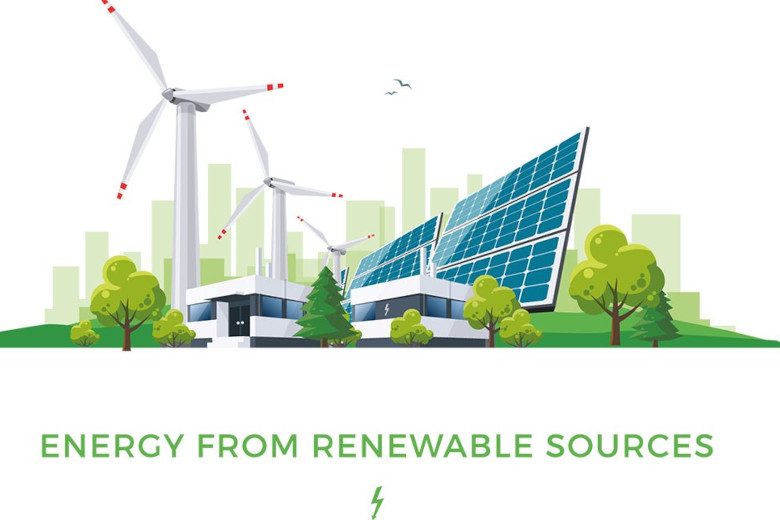
As energy is an increasingly more valuable resource, thermal oil oven specialist HEUFT offers short- and mid-term solutions for bakeries to step away from fossil fuels and towards regenerative resources such as hydrogen, biogas, or bioelectricity, and includes wind and solar power for their potential.
The security of the fossil fuel supply is acutely volatile at present. Uncertainty feeds huge spikes in energy prices, making energy management the hot topic at the moment. The disruption calls for immediate reaction to mitigate its consequences. Bakeries have alternatives to take immediate measures that reposition their production fast, to be able to continue production without interruptions.
Immediate scenario: the gas valve closes
HEUFT relies entirely on thermal oil as the heat transfer medium. Thermal oil creates maximum flexibility when selecting the energy source, as well as when changing to a different option later on. This makes thermal oil the most economical heating system on the market, while providing consistent baking parameters, explains managing director Thomas Heuft.
All bakeries that are already working with a gas-heated HEUFT heat exchanger have the option of replacing the gas with liquid gas or heating oil ad hoc. The changeover can be made quickly, without the need for a new heat exchanger. When changing from gas to heating oil, only the burner needs to be replaced.
Medium-term measure: securing production flow with a hybrid thermal oil heater
A patent-pending innovation from HEUFT is the hybrid thermal oil heater, which heats thermal oil sustainably and can help earn independence in energy management. It combines two technologies: an electric and a fired heater. Moreover, the electric heater can use electricity from regenerative sources, to operate sustainably. The fired heater, in turn, can use either natural gas or heating oil as an energy source. In this case, possible alternatives include burning liquid gas, biogas, wood pellets, or hydrogen. In any case, it is able to supply the entire heating output required on its own.
It is then up to the bakeries to choose which type and how much renewable energy they want to use, depending on its availability. The aim is to use all sustainable energy sources that are readily available, so that nothing has to be fed back into the grid. Optionally, a buffer tank can be added to help with this, as it can increase energy efficiency with an extra step.
“The image of bakeries is increasingly measured by their commitment to climate and environmental protection. With our new hybrid thermal oil heater, it is possible to bake sustainably, with full flexibility and a 100% performance guarantee. Renewable energy sources can be optimally utilized, which lowers costs, decreases the dependency on market price developments for fossil fuels and helps to reduce the emission of climate-damaging CO2,” says Christoph Fülbier, a developer of hybrid thermal oil heaters.
Hybrid thermal oil heaters can be used in small as well as larger artisanal and industrial bakeries.
This article was published in Baking+Biscuit International, Issue #3.
Photo: Adobe Stock 188332458


